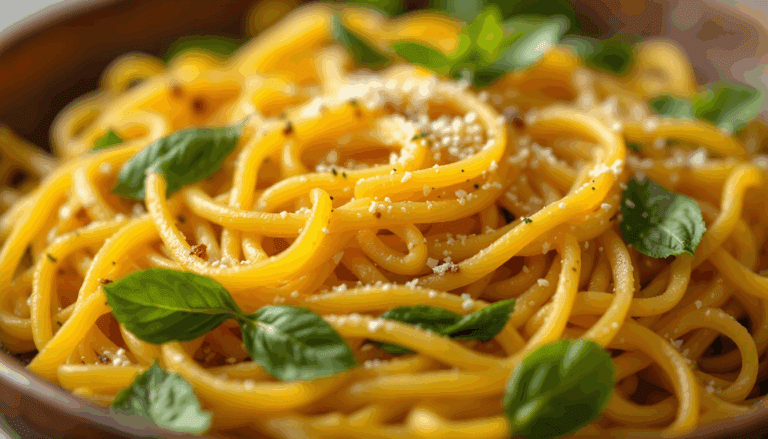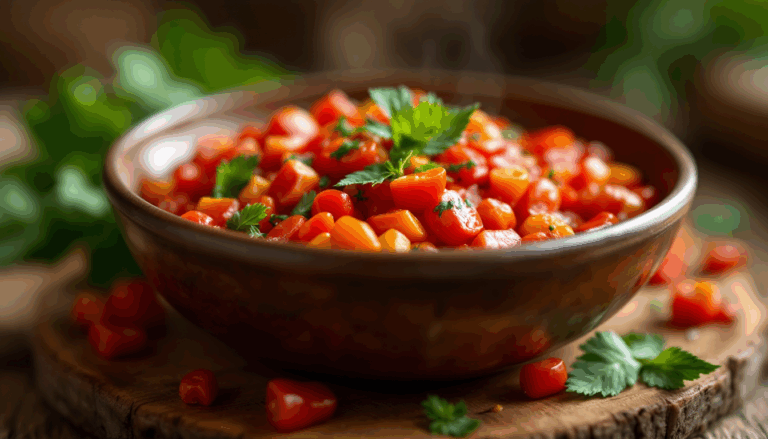Vegetarian
Vegetarianism is the practice of abstaining from the consumption of meat, which includes red meat such as beef and pork, poultry like chicken and turkey, seafood such as fish and shellfish, and the flesh of any other animal.
Additionally, vegetarianism unlike vegan, may involve avoiding food products derived through animal slaughter, including gelatin, animal fats, or broths.
People choose to adopt vegetarianism for a variety of reasons. Many individuals abstain from meat owing to ethical considerations, driven by respect and compassion towards sentient life and the desire to minimize pain, suffering, and exploitation of animals.
These moral concerns often align with religious beliefs, such as Buddhism, Hinduism, or Jainism, which encourage non-violence and compassion towards all living beings. Animal rights organizations and advocates also frequently promote vegetarian practices as a means of protecting animal welfare.
Apart from ethical reasons, individuals may embrace vegetarianism for health-related purposes, believing that eliminating meat from their diets can reduce the risk of diseases such as heart ailments, hypertension, diabetes, or obesity.
Political motivations can also influence vegetarian choices, as some people view reducing meat consumption as part of activism connecting dietary habits to broader social justice initiatives or addressing global resource distribution.
Environmental considerations also inspire many to adopt a vegetarian lifestyle, aimed at reducing the ecological footprint associated with livestock farming. Producing meat commonly demands large amounts of land, water, and energy, as well as contributing significantly to greenhouse gas emissions and environmental degradation.
Furthermore, cultural traditions and preferences may guide dietary practices toward vegetarianism, particularly in regions or societies where vegetarian diets have historical significance or deep-rooted cultural relevance.
Beyond these reasons, some people may simply choose vegetarianism due to individual taste preferences or aesthetic considerations, favoring lighter, healthier, or plant-based meals over animal-based alternatives.
Economic factors can also play a role, as vegetarian diets sometimes prove more affordable, particularly when made up of fruits, vegetables, legumes, whole grains, nuts, and seeds.
Various types of vegetarian dietary patterns exist, according to differing levels of restriction regarding animal products. For example, an ovo-lacto vegetarian diet permits consumption of eggs and dairy items like milk, cheese, butter, and yogurt.
On the other hand, an ovo-vegetarian diet allows eggs but forbids dairy products, whereas a lacto-vegetarian diet incorporates dairy products while removing eggs altogether.
In contrast, a strictly vegan diet excludes all animal-derived food products, including eggs, dairy, honey, and any processed items containing animal-derived ingredients. Besides diet, many vegans extend this philosophy beyond food choices to avoid products whose production involves animals in any form.
These items might include beeswax in candles or cosmetics, leather or silk materials used in clothing and accessories, and shoe polish containing animal fat, such as goose-fat based polishes.
On this category page, you can browse through a variety of recipes specifically tailored to vegetarian diets, showcasing diverse and flavorful options that incorporate wholesome, plant-based ingredients.









